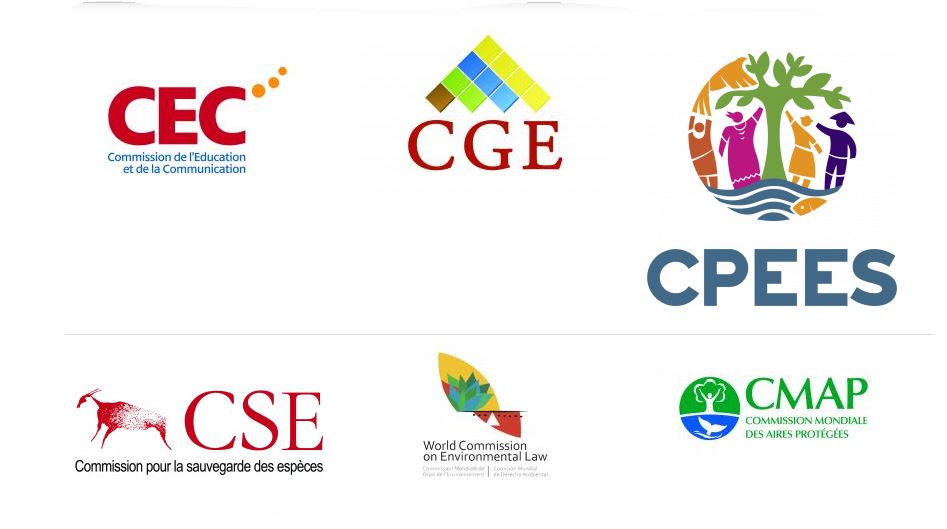Long-term sustainability of food systems at stake
Today, the European Commission decided to allow biodiversity rich areas on farmland to be cultivated despite the negative implications this will have on nature. The announcement also comes with an official delay to the EU Nature Restoration Law and revision of the Sustainable Use of Pesticides Directive. These delays to environmental action will hinder the vital recovery path of the EU through the Green Deal and subsequently jeopardize long-term food security and food systems resilience

Field in Więckowska, Poland, Poznański
Photo: Marcin Jozwiak / Unsplash
IUCN is gravely concerned by the crisis in Ukraine and deplores the human deaths and suffering that it is causing [1]. The Commission’s communication today has made a clear link between this crisis and the reasoning behind reducing or delaying environmental measures. However, that does not mean we should delay our work on solving the crises of biodiversity loss and climate change.
Biodiversity loss is not only an ecological disaster but a threat to food security itself. Up to 577 billion dollars (524 billion euro) in annual global crop output is at risk from pollinator loss [2]. According to the IUCN Red List of Threatened Species, one third of species in Europe are threatened due to unsustainable agriculture and aquaculture [3].
Areas on farmland set aside for trees, hedges or left fallow – known as Ecological Focus Areas (EFAs) - are crucial to preserving biodiversity. They also support agricultural production through pollination, pest control, reducing erosion, preventing floods, water storage and climate regulation.
The decision to allow these biodiversity rich lands to become new areas for crop production will only further endanger species under threat. The reasoning behind the change remains unclear. The European Commission’s communication acknowledges that food security in the EU is not at risk due to the current food crisis and that higher grain prices will affect other countries globally. But this should not set back Europe's efforts to solve the dual crises of biodiversity loss and climate change.
Evidence shows that developing countries can achieve improved food security and more resilient food systems by promoting agroecological farming practices [4]. Furthermore, there is no evidence that the use of the EFAs for crops would make a meaningful impact on provision of food to other countries. An impact assessment is therefore needed to evaluate the consequences of this decision.
Also concerning is a Resolution in the European Parliament to be voted on tomorrow which similarly calls for crop production in EFAs, despite the lack of evidence that converting EFAs to cultivated land will help global food security. Furthermore, more sustainable production systems maintain production while improving resilience and profitability.
‘Building resilient and sustainable food systems globally is crucial for both our societies and economies’, said Alberto Arroyo Schnell, Head of Policy and Programme at IUCN Europe. ‘We urgently need to step up our efforts for this transition. Any delay will have repercussions for the future of agriculture, nature and people.’
The decision comes along with the Commission’s acknowledgement of the need to stop our dependency on agricultural inputs, such as fertilisers and fossil fuels, in line with the EU Green Deal. However, this is contrary to the decisions taken today.
For further information please contact Edel Shanahan, Policy and Communications Officer, IUCN Europe.
References
[1] See IUCN’s full statement on Ukraine
[2] IPBES, The global assessment report on biodiversity and ecosystem services (2019)
[3] IUCN Red List of Threatened Species (2022)
[4] FAO, Agroecology for food security and nutrition: Proceedings of the FAO International Symposium (2015)



